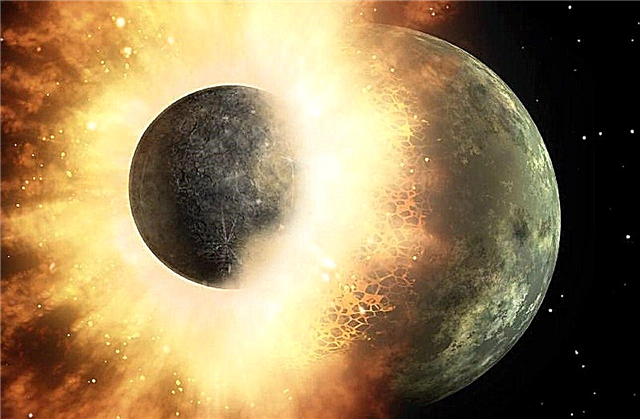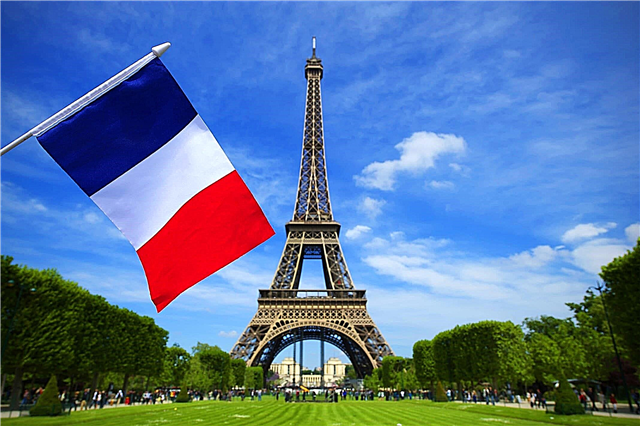
The question of languages and dialects is extremely complex, especially when it comes to the names of cities, countries, and other objects. Plus, a large number of Russian tourists making flights to Beijing with a transfer, fall into bewilderment and do not understand where to go without seeing the words Beijing on the scoreboard.
In China itself, there are a fairly large number of dialects, and each of them has its own name - sounds are sometimes transformed beyond recognition. And accordingly, what is even more complicated is the situation with the name of the city in sound in European languages, and in Russian too. Chinese phonetics is extremely difficult for a European, hence even more serious transformations occur.
The original name of the city in the local dialect really sounds like Bagging (Beijin). That is how it sounds in the official dialect of Putonghua, relevant today in the territory where Beijing is located. And at that time when it ceased to be an obscure point on the map, or rather, starting from the second half of the twentieth century, with the intensification of trade relations, a number of languages, including English, adopted this name exactly as it sounded by local residents . That is, the name of the city was written as Beijing. And this became something new, because in the past the city was called only by the old name Beijing, which remained in Russian everyday life.
Where did the word Beijing come from?
The name Beijing appeared 400 years ago, since the missionaries from France arrived on this land - it was they who secured such a name for the city. And the original, unmodified Beidzin word is translated from the local language as "northern capital." The city really has a northern location and is the capital, is centrally subordinated to the PRC. It is located in Hebei province, also borders with Tianjin.

The French were partly right in calling the city of Beijing in those days, and it is worth knowing that this name appeared even before the revolution of the local language with a shift in consonants. After this happened, the sounds [kʲ] turned into [tɕ], and accordingly, the sound of the words has changed. This happened precisely in the northern dialects, while in the southern ones no similar modification was recorded. So, one of the southern dialects, Cantonese, still calls the northern capital Bakugin, which is much closer in sound to the well-known Beijing.
Linguistic oddities are sometimes surprising, and people wonder why a similar shift could have occurred in the language. In fact, there is nothing surprising in this at all, and exactly the same shift occurred in time even in the Latin language - it was because of this that Caesar suddenly became Caesar. The reasons for such shifts are unknown, but they still occur - in the northern part of China, this has happened relatively recently.

The whole world still remembers Beijin as Beijing, but in China itself it is the northern dialects that are considered more significant and are in priority, and the capital itself is located in the northern regions.And therefore, a new name was fixed, taking into account the sound after the transformation, and many European countries recognized it - although others still operate with the word Beijing or sound close to it.
And while the British adopted the new Beijin sound, other countries chose not to change anything. In Russia, the same city is called Beijing, in France - Pekin, in Italy - Pechino, and so on.
Beijing in the modern world

Today, Beijing is one of the most important cities in China. It is not an industrial or economic center, such as Shanghai, for example, or Hong Kong. However, it has great political, cultural and educational significance. This is one of the historical Chinese capitals - there were four in all. Nanjing is translated as "southern capital", as befits according to Asian tradition, many cities here have their status directly in the name. There were periods when Beijing bore the name Beiping, but later it was returned to its original name.
Currently, Beijing is the only and official capital of China, and it is actively growing, along with population growth. Initially, it was a small city with suburbs, but in the future, the urban area began to grow actively, it began along with industrial reforms.
In the past, the territory was enclosed between the second and third road rings, but now it comes to the fifth or sixth, and it is obvious that this is not the limit, although local authorities are taking all measures to stop the growth and develop the city inside the existing territories, which make up more than 17 thousand square kilometers. The population of the city is more than 22 million people. The name of the city of Beijing can change and vary within the framework of various languages and dialects, but its essence remains the same - it is the internationally recognized northern capital of China.












